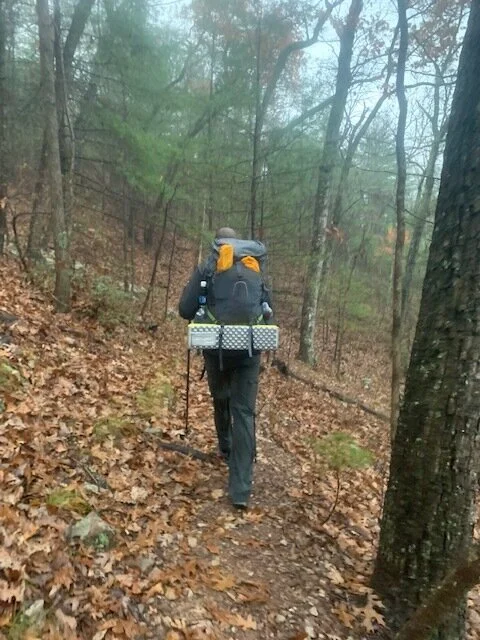Several years ago, I encouraged my friend Joe, a medical student at Kansas City University of Medicine and Biosciences (KCUMB) to visit Hope Community in Kenya to observe, advise and critic the collaborative health partnership between Hope Kenya, Machakos community, local village leaders and the public health ministry. Our health partnership is designed to train 50 volunteers on basic health and prevention and mobilize them in their local communities; each volunteer is required to serves and medically assist 20 families, captures key metrics and report on pre-defined key health indicators. Joe loved the program, he worked with the volunteers, paid home visits, performed several screening sessions, coached Hope preschool teachers and made his recommendation to the community and to Hope Kenya.
In addition to doing his 'health' chores, Joe brought with him 5 laptops. He worked with local techs and several teenagers to setup, install and connect the laptops to the internet - all dial-up service. For an initial cost of about $1000 (excluding the cost of the laptops), he was able to launch a computer skills training program at the Hope Community Center in Machakos, Kenya. Basic training was free but a minimum usage fee was charged for folks who wanted access to the internet. Our objective was to determine the feasibility of developing a successful digital business model, within the slums to provide technology training and internet access. At the time, we did not know that mobile devices would turnout to be the device of choice for Kenyans to connect to the internet - something about hind sight being 20/20
We learned lessons that are no different to what is indicated in the article below. In summary, the experience taught us that unless the four factors listed below are address, any digital transformation initiatives dealing with the intersection of education, technology and poor communities will fail.
I hope you take time to read the article and as always, feedback is much appreciated.
Key takeaways:
1. Relevance - Leveraging technologies that are currently in use within poor communities instead of introducing something new. For example, you might be successful using mobile phones that are more popular instead of introducing new devices like tablets. .
2. Security - Small expensive items like computers have a tendency to attract theft and robbery especially in poor communities. Addressing security from the beginning in a 'smart' way (armed guards just won't do) is critical
3. Initial investment cost - This one speaks for itself
4. Training/Knowledge transfer - initial training and knowledge transfer is critical to gain early acceptance and usage. Poor communities will accept anything that promises to improve their welfare. However, initiatives that are introduced without deliberate, extensive and formal training will not have 'staying' power. Training and knowledge transfer should be part of the investment cost and also included as part of operations. As technologies change, training needs to be provided.
Without the four items listed above, along with good governess and a partner that understands the people, technology and governess, like Hope Kenya, any investments towards 'a digital classroom projects', will most likely be unsuccessful.
https://www.theguardian.com/sustainable-business/2017/jan/23/tech-startups-kenya-bridge-education-gap?CMP=share_btn_tw




